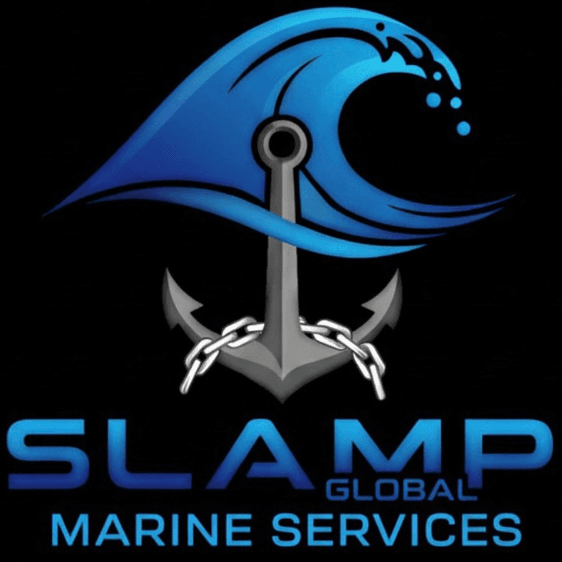How to Ensure Efficient Ship Management and Operation
SG
Understanding Ship Management
Efficient ship management is crucial for ensuring smooth operations and maintaining the safety of both crew and cargo. It involves overseeing various aspects such as crew management, vessel maintenance, and compliance with international regulations. By prioritizing these areas, ship operators can enhance performance and reduce operational risks.

One of the primary responsibilities in ship management is ensuring the vessel is seaworthy. This involves regular maintenance checks and addressing any issues promptly. A well-maintained ship not only operates more efficiently but also minimizes the risk of accidents or breakdowns during voyages.
Optimizing Crew Management
Effective crew management is essential for the efficient operation of a vessel. This includes recruiting skilled personnel, providing ongoing training, and ensuring the well-being of the crew. A motivated and well-trained crew can significantly enhance operational efficiency and safety at sea.
Additionally, clear communication and a structured hierarchy on board ensure that all crew members understand their roles and responsibilities. This clarity helps in executing tasks smoothly and handling emergencies effectively.

Implementing Advanced Technologies
Incorporating advanced technologies into ship operations can lead to significant improvements in efficiency. Modern ships are equipped with sophisticated navigation systems, fuel management software, and automated processes that reduce manual workload and increase accuracy.
By using data analytics, ship operators can monitor performance metrics in real-time, allowing for informed decision-making and timely interventions. This proactive approach helps in optimizing routes, reducing fuel consumption, and minimizing environmental impact.

Ensuring Regulatory Compliance
Compliance with international maritime regulations is non-negotiable. Ship managers must stay updated with the latest regulations and ensure that all aspects of the vessel's operations adhere to these standards. Non-compliance can lead to severe penalties and jeopardize safety.
Regular audits and inspections are necessary to verify compliance. These assessments also provide an opportunity to identify areas for improvement and implement necessary changes to maintain high standards of operation.
Effective Communication and Coordination
Coordination between onshore management and the ship’s crew is vital for seamless operations. Effective communication channels ensure that information flows smoothly and decisions are made swiftly. This synergy is crucial for handling unexpected challenges and maintaining operational efficiency.
Moreover, collaboration with external partners, such as port authorities and logistics providers, enhances the efficiency of shipping operations. Building strong relationships with these stakeholders ensures that port calls and cargo handling are executed without delays.

Conclusion
Efficient ship management and operation require a holistic approach that encompasses maintenance, crew management, technology integration, regulatory compliance, and effective communication. By focusing on these key areas, ship operators can enhance operational efficiency, ensure safety, and achieve long-term success in the maritime industry.
